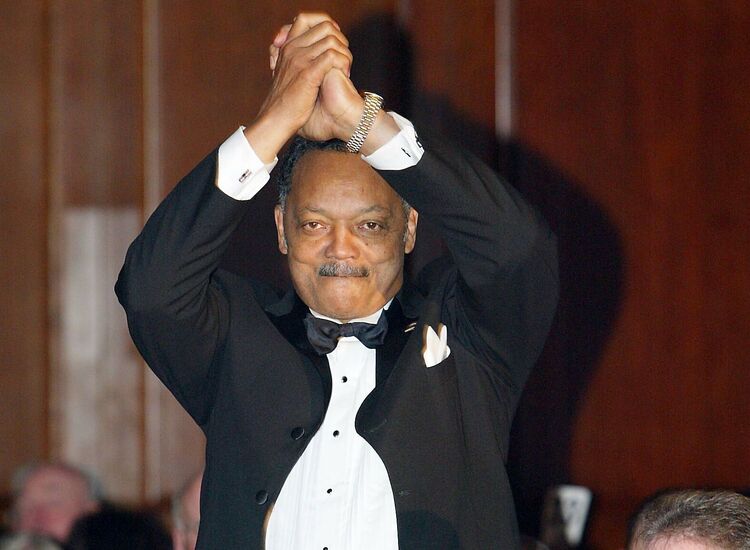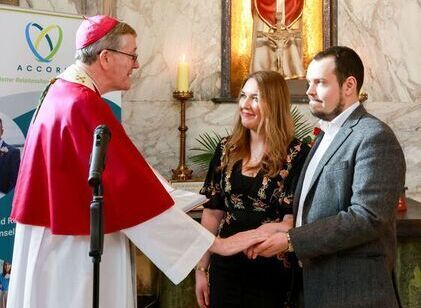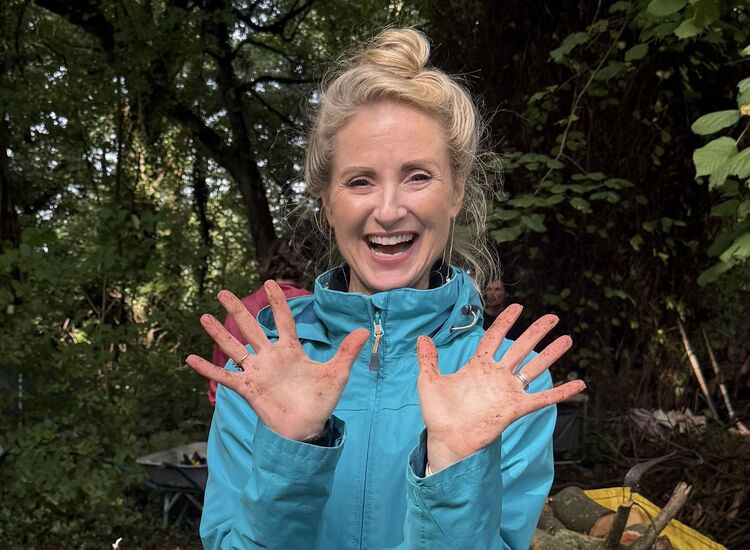[From the Irish Echo archives: In this feature, which first appeared in the March 11-17, 2009 issue, the boxer and her parents Pete and Bridget discussed their hopes that women’s boxing would be included in the 2012 London Olympics. On Aug. 9, 2012, Katie Taylor took gold for Ireland in the lightweight division at the ExCeL Centre in London.]
By Peter McDermott
Just a decade ago, youth boxing coach Pete Taylor found that he had a real talent on his hands.
There was a complication, however: she was a girl.
“When she donned the first pair of gloves, you knew she could box,” said Taylor, a former Irish amateur light-heavyweight champion.
He was pleased for another reason: the young fighter was his daughter Katie.
The problem was that the youngster was terrific in a sport that had always been a male preserve. Indeed, a woman had never boxed in the National Stadium, the spiritual home of the amateur game in Ireland.
“She was beating young boys, and they were all going off to competition,” said Taylor, a Leeds native who founded St. Fergal’s Boxing Club in Bray, Co. Wicklow.
Eventually, the Irish Amateur Boxing Association arranged three female bouts in a 16-contest night at the Stadium. Katie Taylor, aged 15, was first up and dispatched her 16-year-old Belfast opponent in a 23-12 win. When it was all over, she was declared the boxer of the card, one that included rising star Andy Lee.
The association president called Oct. 31, 2001, a “momentous day for Irish boxing.”
But it was just the beginning for young Taylor.
Two years later, at age 17, she beat the 33-year-old Canadian world champ Jennifer Ogg, who had not lost a bout in three years.
“That was a big stepping stone for me,” recalled the now 22-year-old Bray boxer. The fight showed that Katie Taylor, soft-spoken, friendly and even-tempered outside of the ring, had the necessary ruthlessness and will to win inside it.
Currently a three-time European champion, Taylor won her first world championship in 2006 in India. Then last November, she successfully defended her 60kg title, in Ningbo, China, convincingly beating local star Cheng Dong in the final.
Every world champion is celebrated in Ireland, but someone who can win back-to-back titles is particularly cherished.
As it happens, John Treacy, the CEO of the Irish Sports Council, which underwrites high-achieving competitors like Taylor, is part of that elite group – he won the World Cross-Country Championships in 1978 and 1979. He told the Echo that Ireland has a proud tradition of international competition in various sports but only a few athletes such as Taylor are “truly world class.”
It’s become clear to sports officials that wherever men’s amateur boxing is strong, which is much of the planet, the women are making their presence felt. And that’s why it seems certain that women’s boxing will be included in the London Games in 2012.
“Katie Taylor is very rare in that she sets the standards at a global level and is clearly the best in the world in her sport,” said Treacy, who came in second in the marathon at the 1984 Olympic Games in Los Angeles.
Taylor pulverizes most of her opponents, but there have been a few setbacks along the way. She has lost five bouts out of more than 100 fought, three of them to Turkey’s Gulsum Tatar (two on Turkish soil in decisions the Irish side were unhappy with). The Irishwoman was gaining the upper hand, however, before archrival Tatar moved up to 63kg, where she is now champion.
“I hate losing and that fear of losing makes you train harder,” Taylor said.
Her determination has helped make her the preeminent personality in her sport. Last December, she traveled to Moscow to accept the World Female Amateur Boxer of the Year award.
Taylor, one of the top aid-granted athletes in Ireland, is now focused on the 2012 Games in London, and the expected Olympic debut of women’s boxing.
The Taylors, father and daughter, believe that representing one’s country at the Olympics is the pinnacle of sporting achievement.
Growing up, she always looked up to the person she considered the greatest Irish female sport star of all.
“I thought I was going to be the next Sonia O’Sullivan,” Taylor said. “She was a huge inspiration.”
The young boxer also played camogie, Gaelic football and athletics, and she starred on the soccer field. But her love of boxing won out over the lure of trials with the big English clubs or an American scholarship.
Nonetheless, the Leeds United fan (she joked that she had little choice growing up but to support her father’s club) has been a regular for the Republic of Ireland team.
“I think the football is great for me,” she said. “It’s more relaxing being around the girls, whereas the boxing is a lot more intense and there’s more pressure on me.
“Soccer keeps me sane, I think,” she said, with a laugh.
Taylor was on the Irish team’s short U.S. tour last year, but didn’t play a game because of an injury.
And increasingly, her training schedule means that it’s getting harder to mix the two sports. She played no games for her club, St. Catherine’s of Walkinstown, last year.
Taylor rejected outright the notion she was the best player on the Irish team.
“Oh no, I’m definitely not the best,” she said.
And she also dismissed the view, heard by this reporter from a local source in Bray, that she’d been the best student at her high school.
That would’ve been her brother Peter, and she added that she certainly wasn’t the second best, either.
Peter Taylor, who excelled at math and physics at school, completed his Masters degree at Cambridge University and is now studying for his doctorate at UCD.
“On his day, he could beat anyone, but he can’t be consistent enough with his training,” said his father.
Katie Taylor dropped out of her UCD degree course on health and fitness. She intends to return to college someday, though doesn’t know what she’ll study.
Meanwhile, her father, an electrician by trade, is concentrating on coaching the youngsters at St. Fergal’s and his daughter.
“She’s easy to coach,” he said.
Taylor came to the seaside town with his family as a youth. But when they returned to Yorkshire a few years later, he stayed. “A woman caught me,” he said, referring to his wife Bridget.
Many boxing people believe that Pete Taylor is a great coach, one who’s been underestimated because he’s the star’s father. In fact, his daughter hasn’t performed as well on those occasions when he couldn’t travel.
And his wife said that the youngsters at the club do less well when he’s not around.
“He can read a fight very well, and he knows all the girls who are out there boxing, which other coaches wouldn’t know,” said Bridget Taylor. “And sometimes your tactics have to change when you’re boxing a different style of a fighter. And he’s brilliant at giving tactics in a fight, which Katie trusts 100 percent.”
“I love coaching,” Pete Taylor said. However, the stress is greater when the boxer is your own child.
“It’s hard when it’s your son, but it’s worse when it’s your daughter,” Taylor said. “Every tournament I’m at I say ‘This is the last for me.’”
“My whole family have been so supportive and encouraging from the very start,” Katie Taylor said. “My dad puts no pressure on me. He just wants me to enjoy my boxing all the time. That’s why I’ve done so well, I think.”
“The pressure is only going to quadruple,” according to Pete Taylor. “You just keep carry on doing what you’re doing.”
Pete and Bridget Taylor believe that part of their role as parents is to deal with the outside distractions whenever possible.
Yet they treat their daughter as an adult, allowing her, for instance, to speak for herself.
The couple elected not to sit in on the Echo interview and only joined us when invited later on.
When people recognize her in the street, they generally keep a respectful distance, she said. Her friends and neighbors in her working-class community in Bray do approach her, but only with best wishes and congratulations.
“I hope I’m a good role model and a good example and also that I can counter the stereotypes that women can’t do sports like this,” Taylor said.
There were no female boxers around to look up to when she was starting out and the opposition to the idea was still strong, she recalled.
“At the end of the day, women’s boxing is here to stay,” Katie Taylor said, “regardless of what these people say.”









